How start collecting Kitchenalia
Mikki Towler runs The Antique Kitchen website, specialising in kitchenlia and Georgian & Victorian pine and country furniture. Based in Norfolk, she has been dealing in antiques now for nearly twenty five years. Mikki shares her thoughts and advice on how to start collecting kitchenalia.
What is kitchenalia?
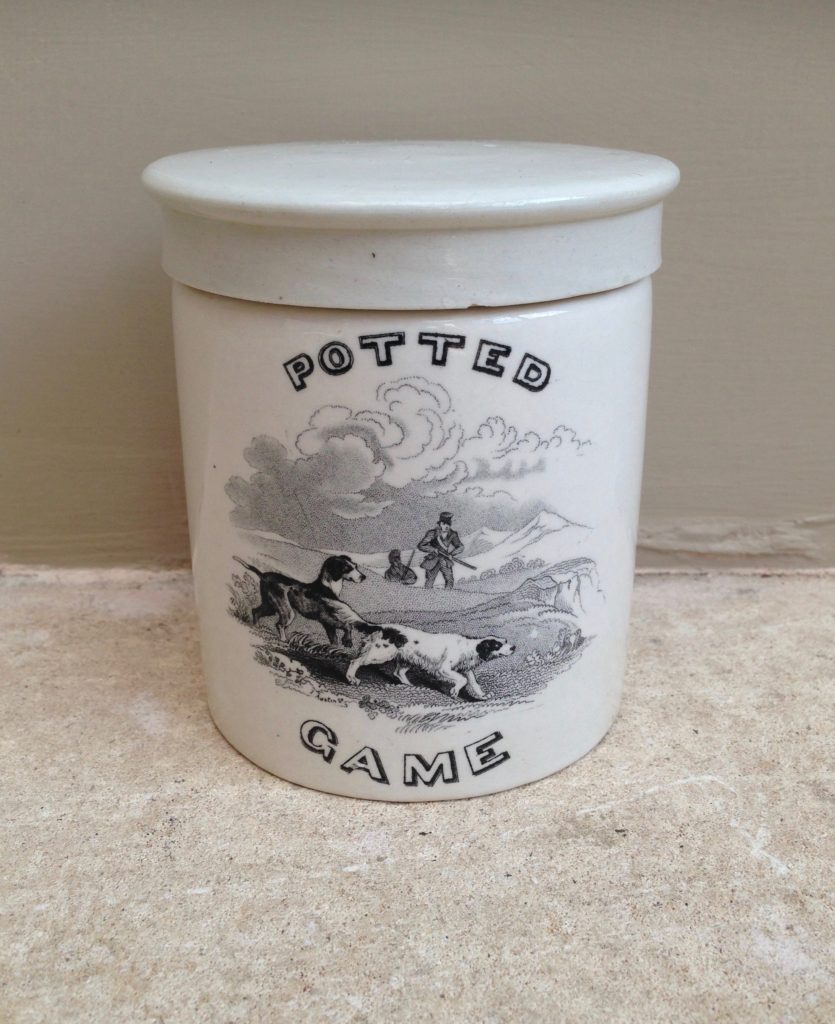
The term ‘kitchenalia’ covers a huge range of items to me, essentially antique or true vintage pieces that relate to the kitchen in some way. The term kitchenalia covers antique and true vintage items. An antique should be 100 years old, while vintage items should generally be from the 1930s to 1950s. Beware of modern reproductions that have been weathered and aged to be sold as vintage – a word I’m starting to hate! True vintage items are very much part of kitchenalia and they offer a more affordable alternative to the older more expensive pieces.
Kitchenalia categories
When you start collecting kitchenalia there are various items that fall into the following categories:
- Utensils – whisks, herb choppers, egg beaters, jelly moulds, break knives, etc
- Storage jars – ceramic ingredient jars, enamel jars, toleware jars
- Treen – carved wooden items, bread boards, butter stamps, spice towers, nutmeg graters, etc
- Advertising tins and signs – shop counter advertising tins, jars and signs
- Dairy items – milk pails, milk jugs, dairy slabs, etc
The appeal of kitchenalia
The appeal of kitchenalia is different to everyone. There are serious collectors only wanting the top end of the market, whilst at the other end are fresh young buyers who are just starting out and want to give their kitchen a unique and quirky feel. Kitchenalia is widely available, and in a new home a few storage jars on a shelf or an advertising sign on the wall are easy ways to give colour to an interior, alongside giving the owner something to collect.

The beauty of collecting kitchenalia is that pieces are widely available. Good hunting grounds where there is always a piece of kitchenalia to be found are car boots, flea markets, charity shops and antique fairs. For the seasoned collector looking for more scarce items, these are now much harder to find (however, I can help having nearly 30 years of experience and contacts!). I only sell English items, but French items of kitchenalia are also very sought after.
Hole in one
I would advise being cautious when buying wooden items due to the possibility of live woodworm. One simple test, for example, is to bang a bowl and if white powder comes out the woodworm is live so leave it. However, old worm holes, where the worm is long gone or has been treated, are often present and acceptable. While generally it’s advisable to avoid damaged items as they just don’t hold any value, if it’s the last piece missing from your collection, get it and then continue looking for one in better condition.
Mix and Match
Don’t be afraid to mix and match – if you like it buy it. Unique items will make your kitchen yours. Most items are great talking points and you’ll also have something that none of your friends have.
What’s cooking – kitchenalia ideas to inspire
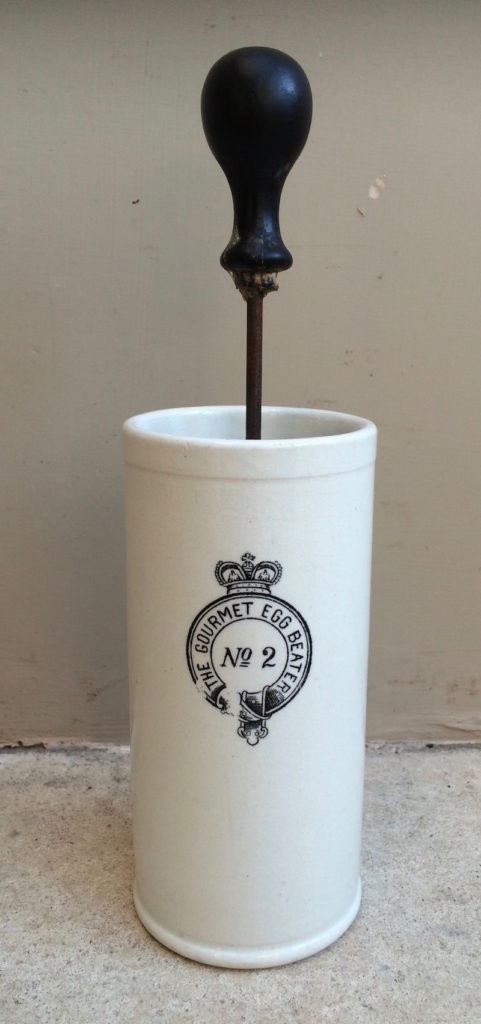
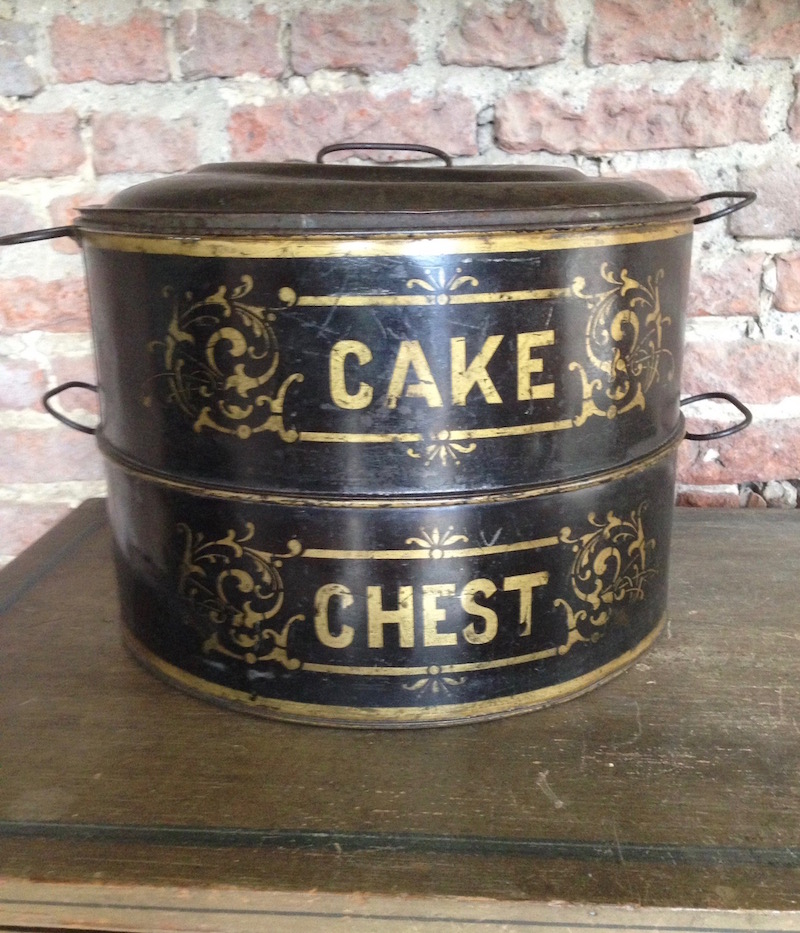
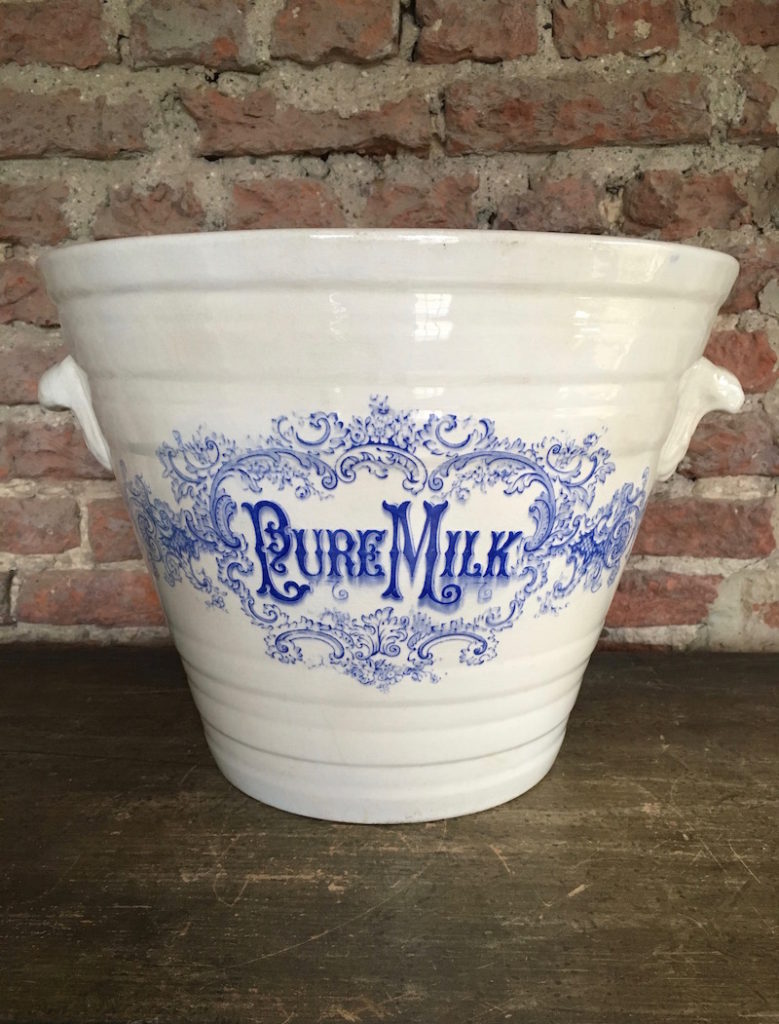

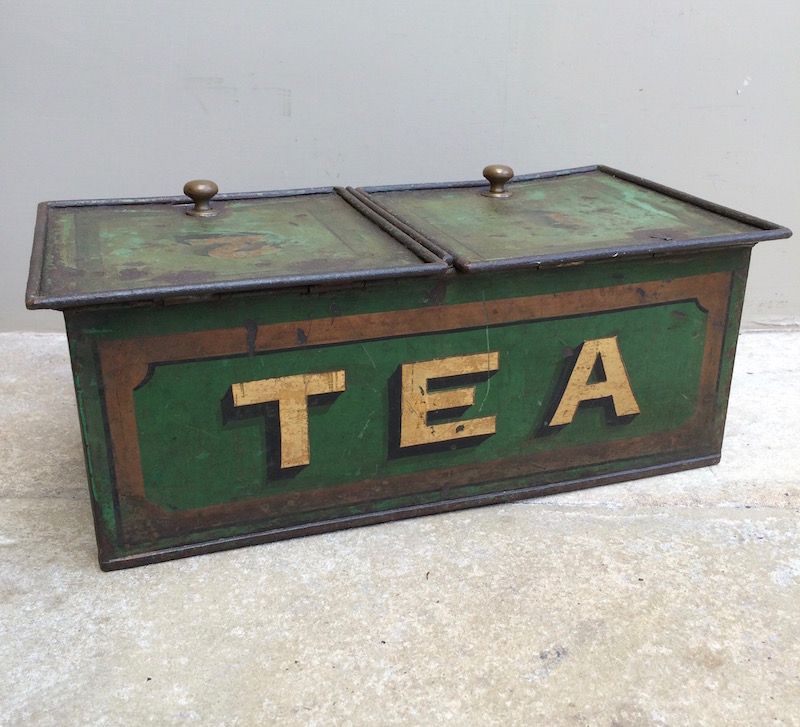
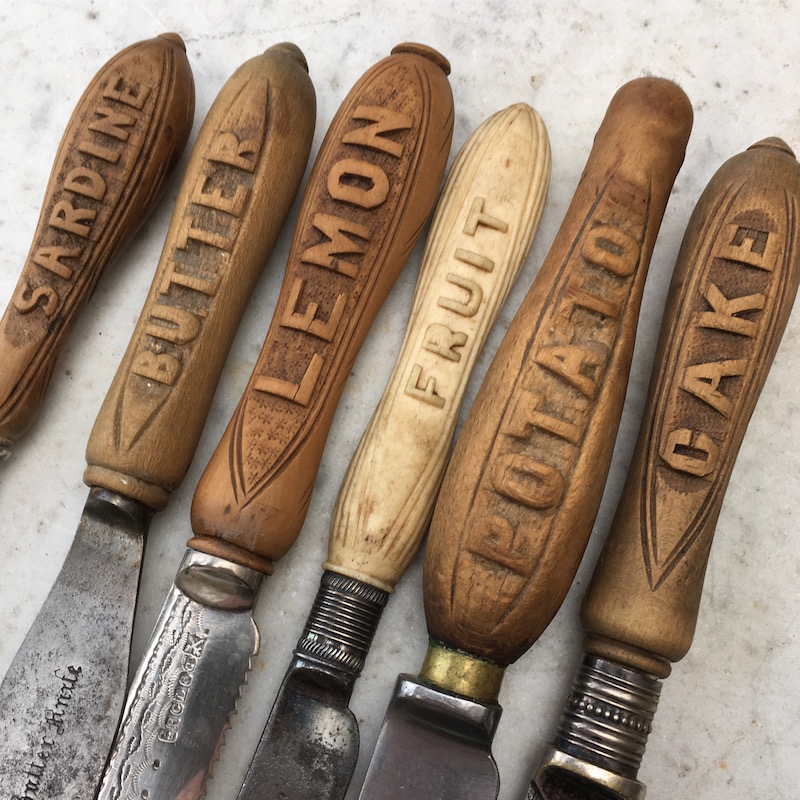

Really an outstanding piece. Thanks so much. I work in an antique related industry and I will repost every good article I can find helping new collectors get started! Kudos.